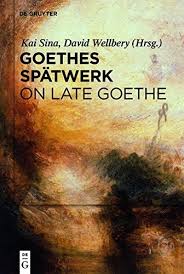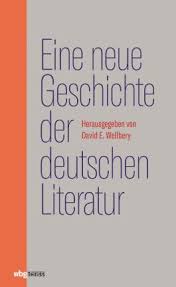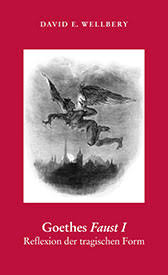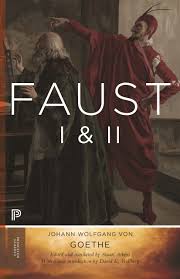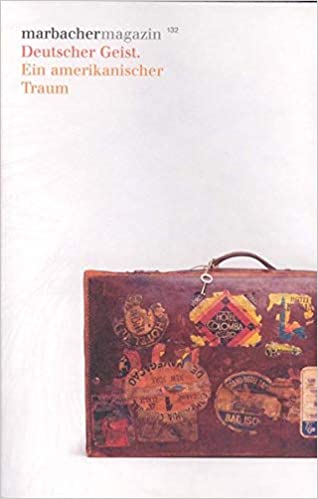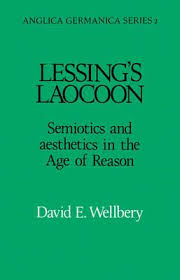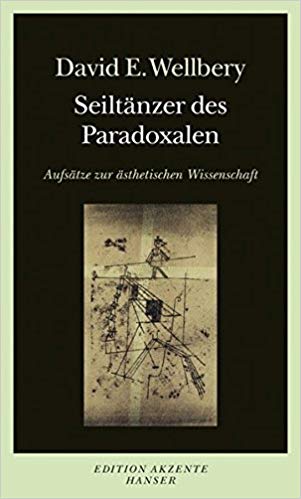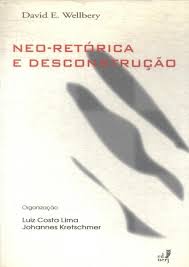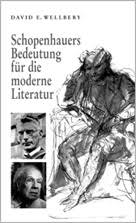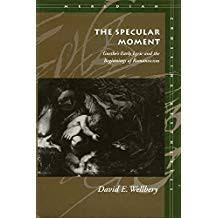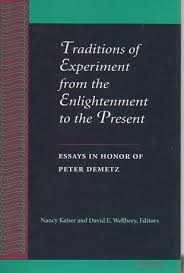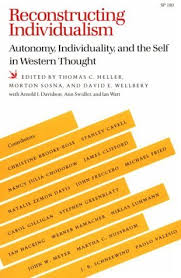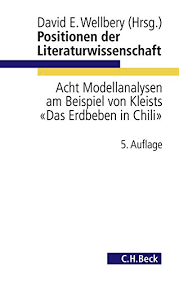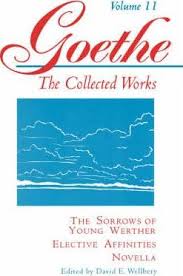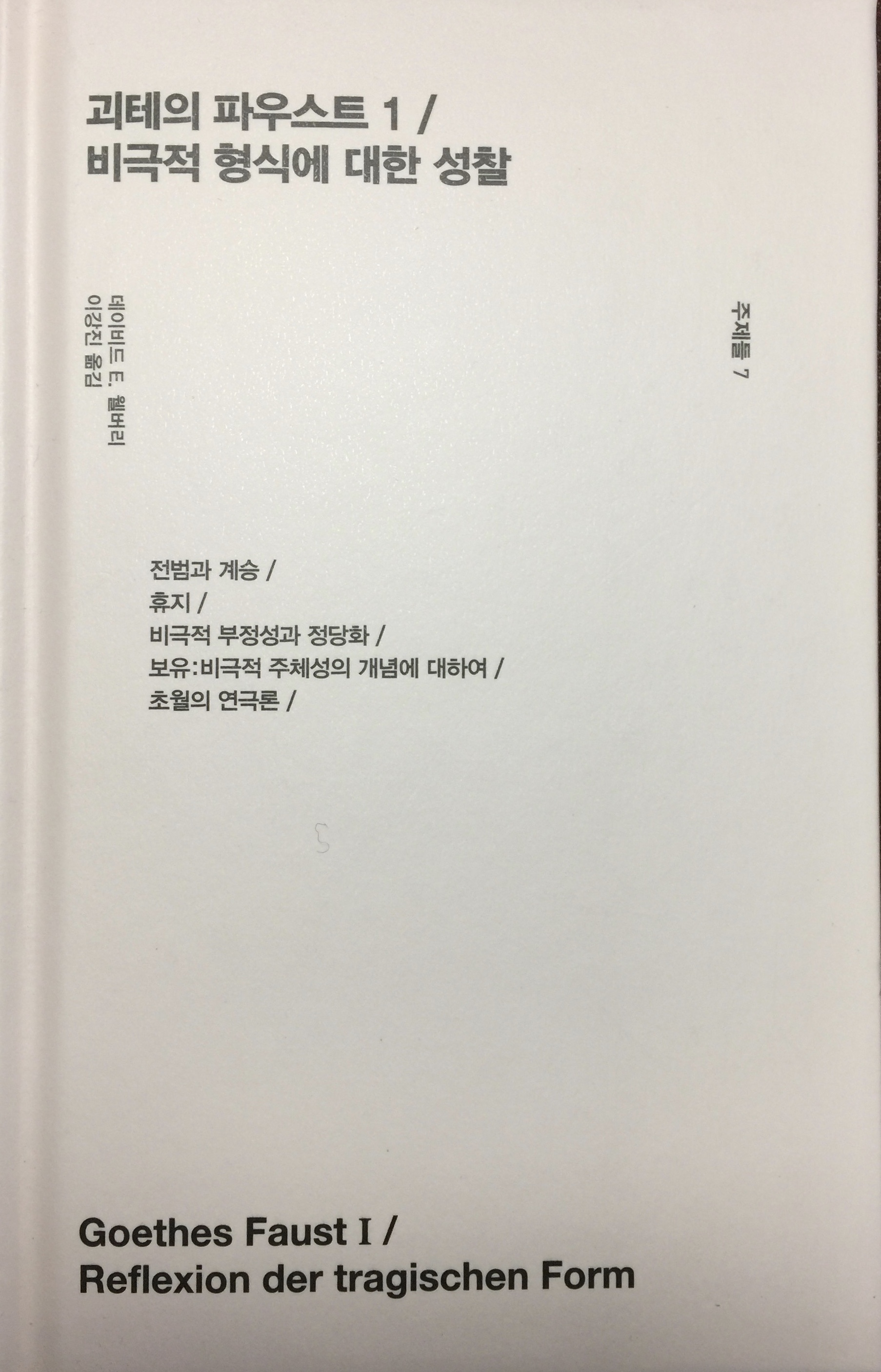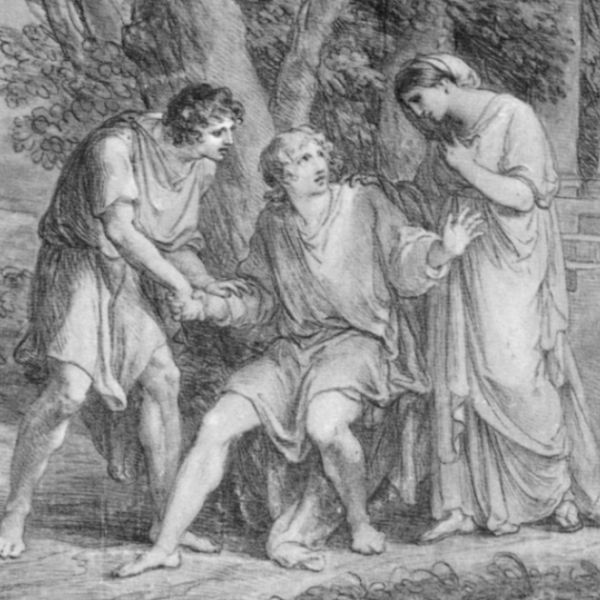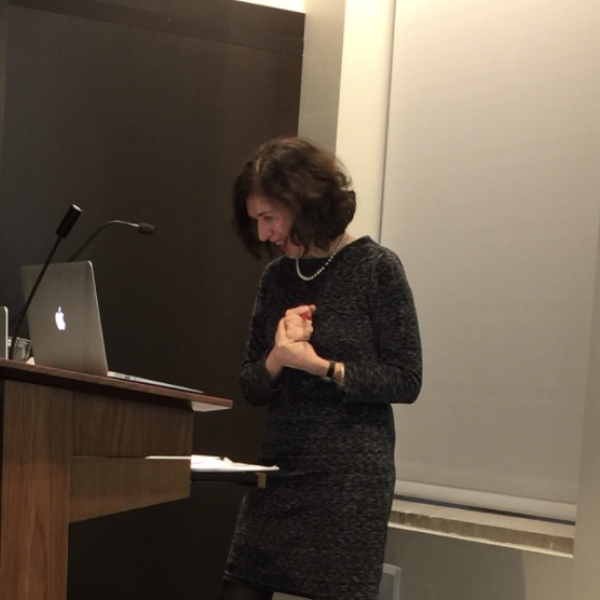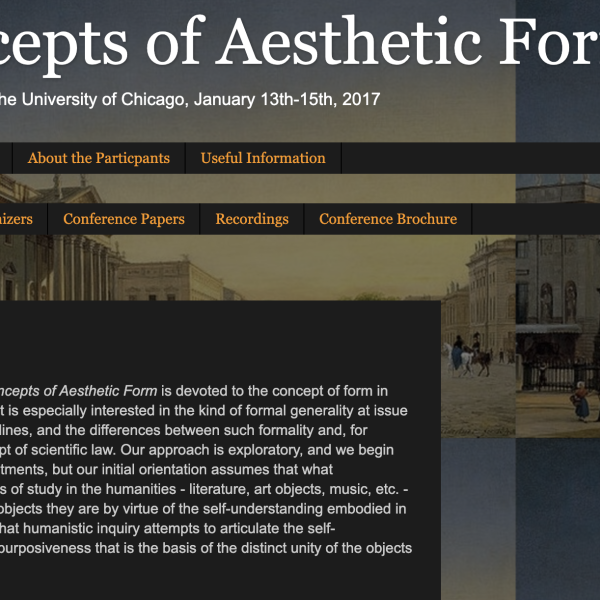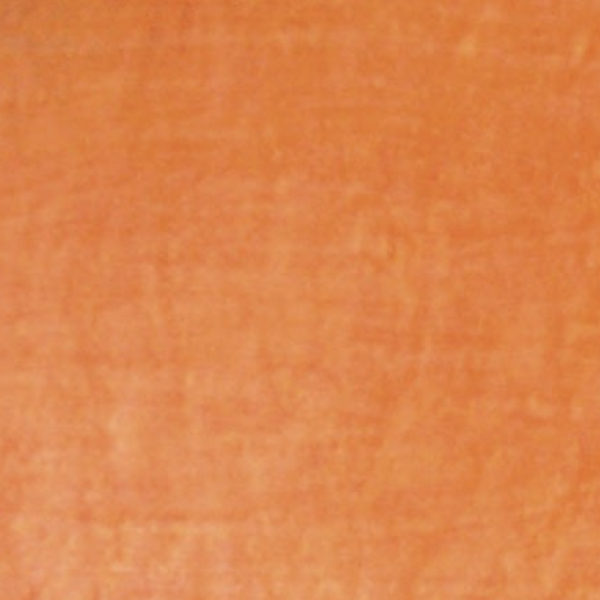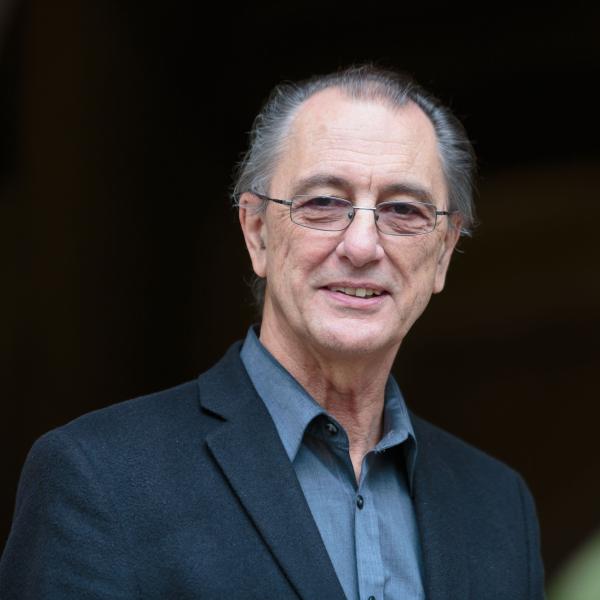
My research interests converge on the late eighteenth and early nineteenth centuries – the Age of Goethe or the Age of Idealism – as well as on the ramifications for contemporary thought unleashed by the epistemological revolution of that period. Ongoing research projects include: development of a morphological hermeneutics; Goethe and Philosophy; the thought of tragedy.
Academic Bio
Beginning in graduate school and continuing throughout my years of teaching at Stanford, Johns Hopkins, and Chicago, I have engaged in debates on the conceptual foundations of our field. Hermeneutics, semiotics and structural analysis, systems theory, media theory and poststructuralism have all had an impact on my work. Especially formative was my membership in the research group Poetik und Hermeneutik, which sought to combine philosophical reflection with historical-textual analysis. Since coming to Chicago in 2001, I have worked intensely with colleagues in Philosophy concerned to elaborate a revised understanding of post-Kantian (Idealist) thought. This collaboration eventuated in an ambitious Neubauer Collegium Project entitled Self-Determining Form. As co-editor of the Deutsche Vierteljahrsschrift für Literaturwissenschaft und Geistesgeschichte, I closely follow developments in German scholarship and regularly organize scholarly events in Germany. My current research bears on the great literary figures of the Idealist period – Goethe centrally, but also Schiller, Hölderlin, the Romantics – and the interlacing of their work with the philosophical projects of their contemporaries. This is not, however, an antiquarian project so much as an endeavor to disclose the power of Idealist thought in addressing the core issues of humanistic inquiry today. My work also includes an ongoing investigation of the pessimistic tradition stemming from Schopenhauer that I see as a central component of modernist literature (e.g., Nietzsche, Machado de Assis, Proust, Mann, Kafka, Cioran, Beckett, Borges, Canetti). I am committed to preparing Chicago doctoral students for active participation in the international discussions in Germanistik and related disciplines. Prizes include the Research Prize of the Alexander von Humboldt Foundation, the Jacob and Wilhelm Grimm Prize of the DAAD, the Gold-Medal awarded by the Goethe Gesellschaft in Weimar, and an honorary doctorate from the University of Konstanz. I have advised doctoral students working on German literature and culture from the eighteenth century to the present. My concern is to help students develop a broad-based, but also focused and substantial intellectual portfolio that can serve as a resource for a career in teaching and scholarship. Close engagement with students’ written work and one-on-one discussion of intellectual and professional issues are, in my view, decisive in the support of student research projects.
Courses Taught
- Goethe’s Faust
- The Modern Regime of Art from Hegel to Cavell and Fried (with Robert Pippin)
- Narratology: Formalism/Structuralism, Cognitive Science, Philosophical Approaches
- Death and the Afterlife: Figuring the Limit from Sentimentalism to Romanticism
- Literature and the Emotions: Toward a New Paradigm
- Nietzsche: Language, Tragedy, Culture
- Early Romanticism: Irony, Fragment, History
- Goethe’s Novels I, II, III
- Semiotics: from Saussure and Pierce to Barthes and Eco
- Rhetoric: Ancient Models and Contemporary Transformations
Selected Publications
Goethes’Pandora‘. Dramatisierung einer Urgeschichte der Moderne (Munich, 2017).
Goethes Faust I. Reflexion der tragischen Form (Munich, 2016).
Deutscher Geist. Ein amerikanischer Traum, with Ernst Osterkamp, Exhibition Catalogue (Marbach am Neckar, 2010.)
Seiltänzer des Paradoxalen. Aufsätze zur ästhetischen Wissenschaft (Munich, 2006).
Schopenhauers Bedeutung für die moderne Literatur (Munich, 1998).
The Specular Moment. Goethe’s Early Lyric and the Beginnings of Romanticism (Stanford, 1996).
Lessing’s Laokoon. Aesthetics and Semiotics in the Age of Reason (Cambridge, 1984). Paperback edition, 2009.

